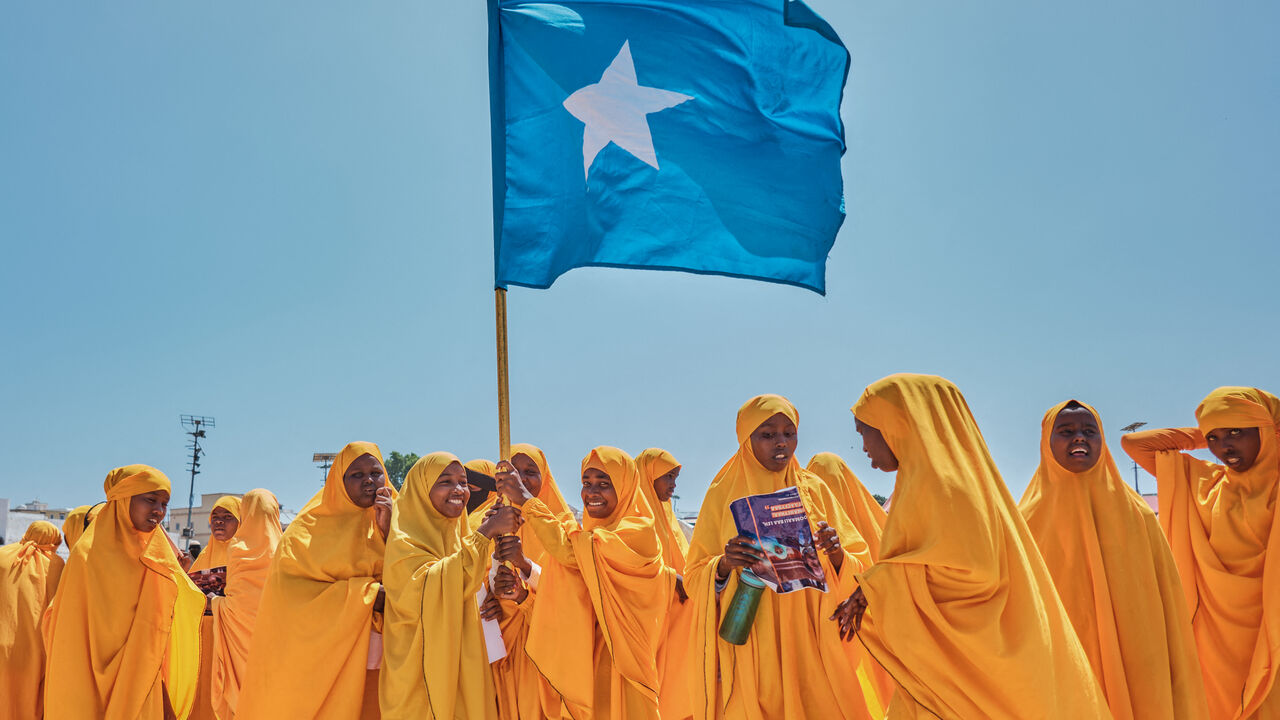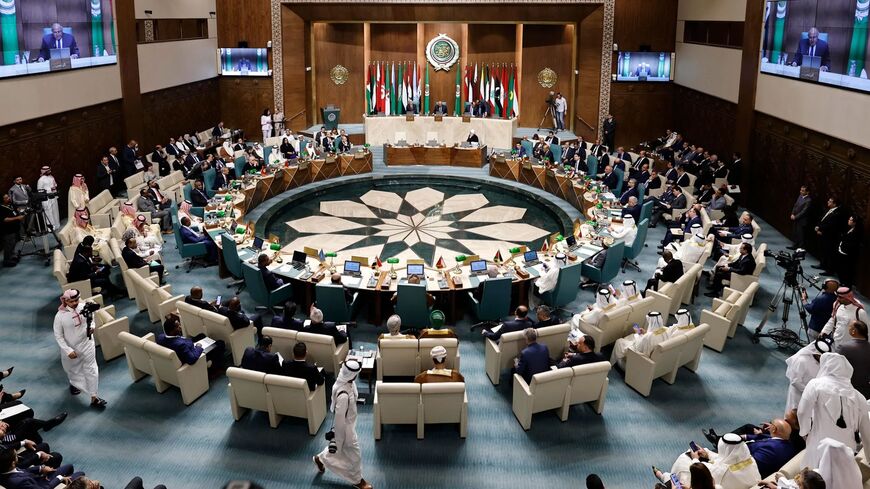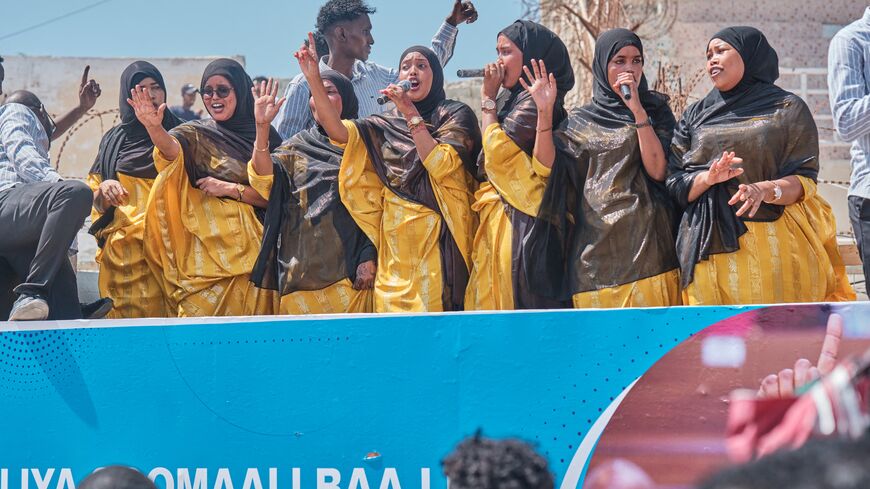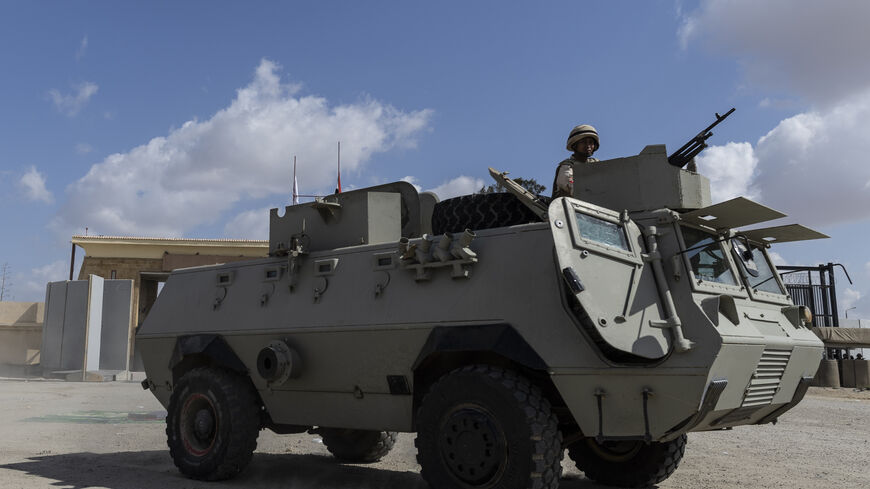Following Ethiopia-Somaliland deal, Somalia looks to Eritrea, Egypt for help
The deal granting Ethiopia access to Somaliland’s coastline has raised the ire of Somalia, which considers Somaliland as part of its territory.

The recent agreement struck between Ethiopia and Somaliland continues to reverberate across the region, while Somalia, which claims Somaliland as part of its territory, reaches out to regional countries to mobilize support.
Last week, landlocked Ethiopia and the breakaway region of Somaliland reached an agreement that would give Addis Ababa access to the Red Sea through the port of Berbera in exchange for their recognizing Somaliland’s independence.
The deal was widely condemned by Somalia, which deemed it a violation of its territorial integrity. Even within Somaliland, a split within the government has come to the open about the agreement. On Sunday, Somaliland’s defense minister Abdiqani Mohamud Ateye resigned to protest the deal.
“Ethiopia remains our number one enemy,” Ateye said in an interview.
Landlocked Ethiopia, for its part, defended the agreement.
“No party or country will be affected by this memorandum of understanding. There is neither a broken trust nor any laws infringed due to the memorandum of understanding,” the Ethiopian government said in a statement last week.
Background
In 1960, the former British protectorate of Somaliland merged with the former Italian protectorate of Somalia to form the Republic of Somalia. In 1991, Somaliland declared its independence after years of civil war and the fall of Siad Barre's regime in Somalia.
Although not recognized internationally, Somaliland has a functional government and an elected parliament.
The 177,000-square-kilometer territory lies on the southern coast of the Gulf of Aden, a strategic waterway that connects the Arabian Sea to the Red Sea.
Ethiopia, Africa’s second most populous country with a population of more than 123 million, has sought access to the sea ever since losing its Red Sea ports after Eritrea declared independence in 1991. Since then, Ethiopia has relied on a vital trade corridor with neighboring Djibouti, with more than 95% of its imports and exports passing through this main conduit, according to the World Bank.
Ethiopia pays around $1.5 billion annually to Djibouti in port fees, proving costly for the country, one of the poorest in the world, with a per capita gross national income of $1,020, per the World Bank.
Somalia’s reaction
Somali President Hassan Sheikh Mohamud signed on Saturday a law nullifying the agreement between Somaliland and Ethiopia.
“This law is an illustration of our commitment to safeguard our unity, sovereignty, and territorial integrity as per international law,” he said in a post on X.
This evening,I signed the law nullifying the illegal MoU between the Gov’t of Ethiopia & Somaliland. With the support of our lawmakers & our people, this law is an illustration of our commitment to safeguard our unity, sovereignty & territorial integrity as per international law. pic.twitter.com/UajOPm2qVB
— Hassan Sheikh Mohamud (@HassanSMohamud) January 6, 2024
On Tuesday, Mohamud concluded a two-day visit to Eritrea, where he met with his Eritrean counterpart, Isaias Afwerki, to discuss regional developments.
Speaking to Eritrean state TV after his meeting with Afwerki, Mohamud said that “Eritrea has been in support of preserving the sovereignty, unity and territorial integrity of Somalia.”
One day before embarking on his Eritrean visit, Mohamud hosted an Egyptian delegation dispatched by President Abdel Fattah al-Sisi in the capital of Mogadishu.
During the meeting on Sunday, the delegation reiterated Cairo’s unwavering support for Somalia's sovereignty, unity and territorial integrity, a statement issued by the Somali presidency said.
The delegation also conveyed an official invitation to Mohamud to visit Egypt.
Egyptian-Somali relations have steadily grown since Mohamud’s election in June 2022. Cairo sought Mogadishu’s support in its dispute with Addis Ababa over the latter’s Grand Ethiopian Dam.
At the same time, Egypt has maintained balanced ties with Somaliland, and officials from both parties have exchanged visits in the past years.
What’s next
The controversial deal has raised concerns of its impact on the already volatile region. The US, European Union and African Union have all called on the concerned parties to exercise restraint and resolve their disputes through dialogue.
Just a week after the deal was struck, the military leaders of Ethiopia and Somaliland met in Addis Ababa on Monday to discuss military cooperation, according to a statement by the Ethiopian military on Facebook.








